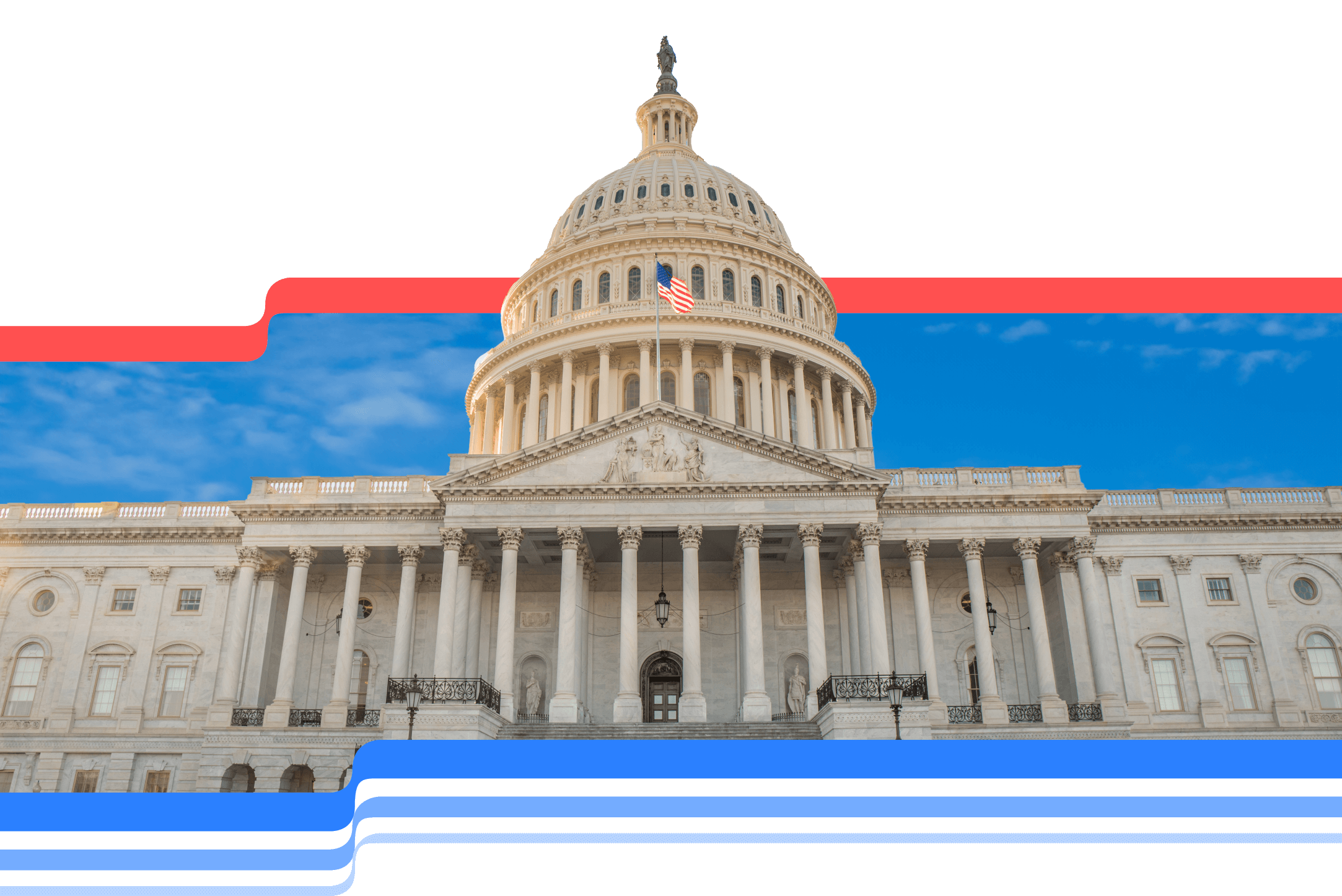Headlines
- Two new British studies suggest that the B.1.1.7 variant that was first reported in the United Kingdom is more transmissible than the original COVID-19 variants, however it does not appear to be more deadly or cause more severe symptoms, with one set of findings published in The Lancet Public Health also reporting a low rate of reinfection in those who have recovered from previous COVID infections, and the new
- The coronavirus variant first identified in Brazil, known as P.1, is resistant to three of the four antibody therapies with emergency use authorization in the United States, according to a peer reviewed report available on bioRxiv and provisionally accepted by the journal Cell Host & Microbe.
- The US reported an 8% rise in new cases to 490,000 last week, the fourth week in a row that infections have increased, according to a Reuters analysis of state and county data released Monday, and the average number of COVID-19 patients in hospitals rose 6% to more than 39,000, increasing for a second week in a row.
- Breakthrough coronavirus infections - which occur even though someone has been vaccinated - are inevitable because no vaccine is 100% effective, said Dr. Anthony Fauci, director of the National Institute of Allergy and Infectious Diseases today, explaining that “No vaccine is 100% efficacious or effective, which means that we will always see breakthrough infections, regardless of the efficacy of the vaccine."
- More than 36% of the US population - nearly 121 million people - have received at least one dose of Covid-19 vaccine, and more than 22% of the population - about 74 million people - are fully vaccinated, according to Centers for Disease Control and Prevention data released Monday, with 46.5% of adults now having received at least one dose and 28.6% fully vaccinated.
- Covid-19 vaccinations for children aged 12 to 15 may be available as soon as early fall and will likely be administered through pediatricians' offices, according to Andy Slavitt, the White House's senior adviser for Covid-19 response.
- More US women than men are getting COVID-19 vaccines, even as more men are dying of the disease, with vaccination dashboards for all 50 states and the District of Columbia in early April showing that each of the 38 that listed gender breakdowns indicate more women had received shots than men, as public health experts cite many reasons for the difference, including that women make up three-quarters of the workforce in health care and education, sectors prioritized for initial vaccines.
- As more Americans get vaccinated, the urgency to get a COVID-19 test is steadily declining despite the Biden administration promising there would be a "wartime undertaking" to increase access, with billions of dollars in investment from manufacturing companies to develop new COVID-19 tests, but there has been a 30% decrease in the number of daily tests, according to the Johns Hopkins University Coronavirus Resource Center, and the US now conducts just over 1 million tests a day after hitting its peak for the year so far on January 15 with 2.3 million tests.
- Centers for Disease Control and Prevention Director Rochelle Walensky said Monday that Michigan should “shut things down” as it grapples with an overwhelming surge in coronavirus cases and that a boost in Covid-19 vaccinations alone isn’t the answer – even as the state’s Governor Gretchen Whitmer continues to call on the federal government to send more doses her way.
- The World Health Organization said Monday the trajectory of the coronavirus pandemic is now “growing exponentially,” with more than 4.4 million new Covid-19 cases reported over the last week, with Maria Van Kerkhove, the agency’s technical lead for Covid-19, warning “we’re in a critical point of the pandemic,” as some countries ease restrictions even as new cases per week are more than eight times higher than a year ago.
- Non-essential shops, gyms, zoos and hairdressers opened their doors in England on Monday, as the government continued to ease the country out of lockdown, while restaurants and pubs will welcome customers outdoors, but not everyone will be back to enjoy the easing with some businesses permanently shut and only 40% of venues having outdoor space.
- German Chancellor Angela Merkel said today the current COVID-19 infection rate in the country was much too high, warning that the current third wave of the pandemic could prove to be the toughest yet.
- The March consumer price index that will be released Tuesday is expected to show a moderate 0.2% increase in core inflation, excluding food and energy prices, according to economists polled by Dow Jones, and on a year-over-year basis, that is a 1.5% pace, compared to 1.3% in February.
- Salesforce.com said it would start allowing vaccinated employees to return to some of its offices, making it one of the first major US corporations to give vaccinated workers preferential treatment over those who have not taken the shot.
- Facebook users will now receive notifications at the top of their news feeds advising them of their vaccine eligibility in states that have opened vaccination appointments to all adults, the company said in a blog post Monday, a move modeled after its approach to voting information and is live now in states such as Alaska, Mississippi, Texas and Utah, with other state-specific notifications targeted to local users to begin rolling out as health officials expand eligibility to include the wider public.
Interested in discussing this and other topics? Network with and learn from your peers with the app designed for community bankers. Join the conversation with ICBA Community.
US Outbreak
- The weekly death toll from Covid-19 in the US rose for the first time since February, topping 7,000 for the period ending Sunday, and fatalities are again averaging about 1,000 a day, data compiled by Johns Hopkins University and Bloomberg shows.
- Racial and ethnic minority groups had higher rates of hospitalization for Covid-19 and sought emergency department care more when compared to White people, according to two new studies published Monday in the US Centers for Disease Control and Preventions Morbidity and Mortality Weekly Report, and in every region, Hispanic patients represented the highest cumulative proportion of hospitalized patients with Covid-19, disparities said to be driven by a higher risk factor for exposure and a higher risk of severe disease.
- New York City has remained at a high plateau of cases since February, with some 3,000 to 4,000 new infections reported per day, according to city data, hospitalizations have been falling, but very gradually, as the most vulnerable get vaccinated, and deaths have also been declining, but at a slower than desired pace.
- Though risk assessment will vary person-to-person, Dr. Anthony Fauci, director of the National Institute of Allergy and Infectious Diseases, said Monday he “would not hesitate” to eat outdoors or go to a baseball game in current Covid-19 conditions.
Economy and Business
- Tuesday’s March consumer price index headline inflation is expected to increase by 0.5% or 2.5% year-over-year, up from 1.7% in February, and by May, some economists expect it could be running at an year-over- year rate of 3.5% or more.
- The US needs to address an ongoing shortage of semiconductors by investing in its chip “infrastructure,” President Joe Biden said during a virtual summit meeting with auto executives and other business leaders Monday afternoon, an event called to address an immediate crisis that has impacted key industries, including consumer electronics, pharmaceuticals and auto manufacturing, with few sectors impacted as badly as the auto industry, which has had to slow or halt production at plants across the country.
- Uber is offering sign-up bonuses and other incentives for drivers as it faces record demand for rides and meal delivery as the pandemic continues, with the San Francisco ride-hailing company saying Monday that total monthly bookings, including food delivery and passenger service, reached an all-time high in March.






